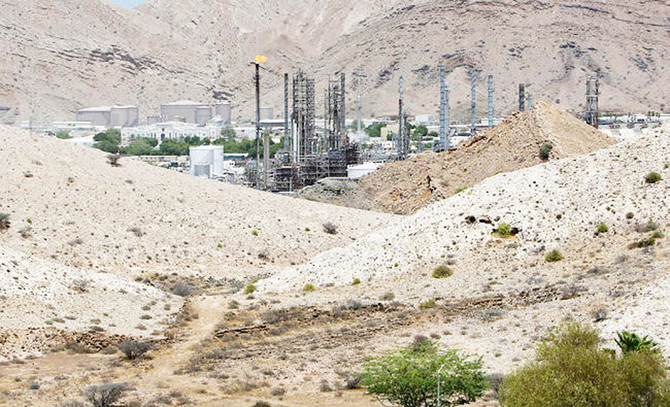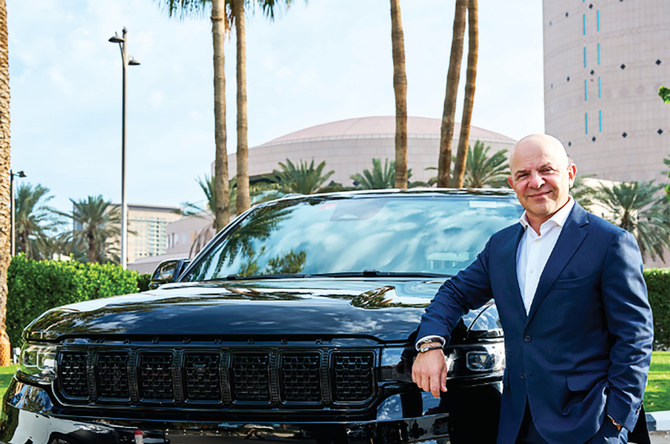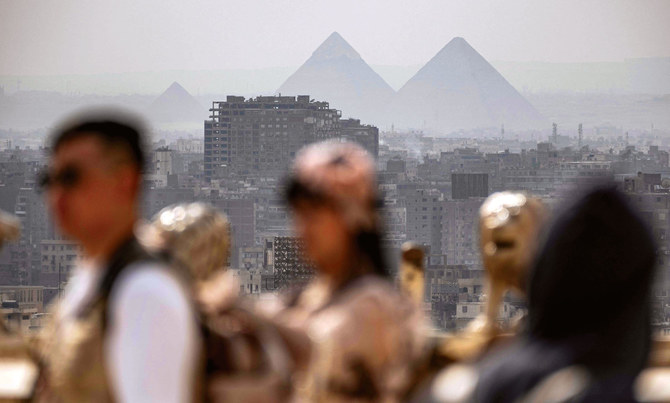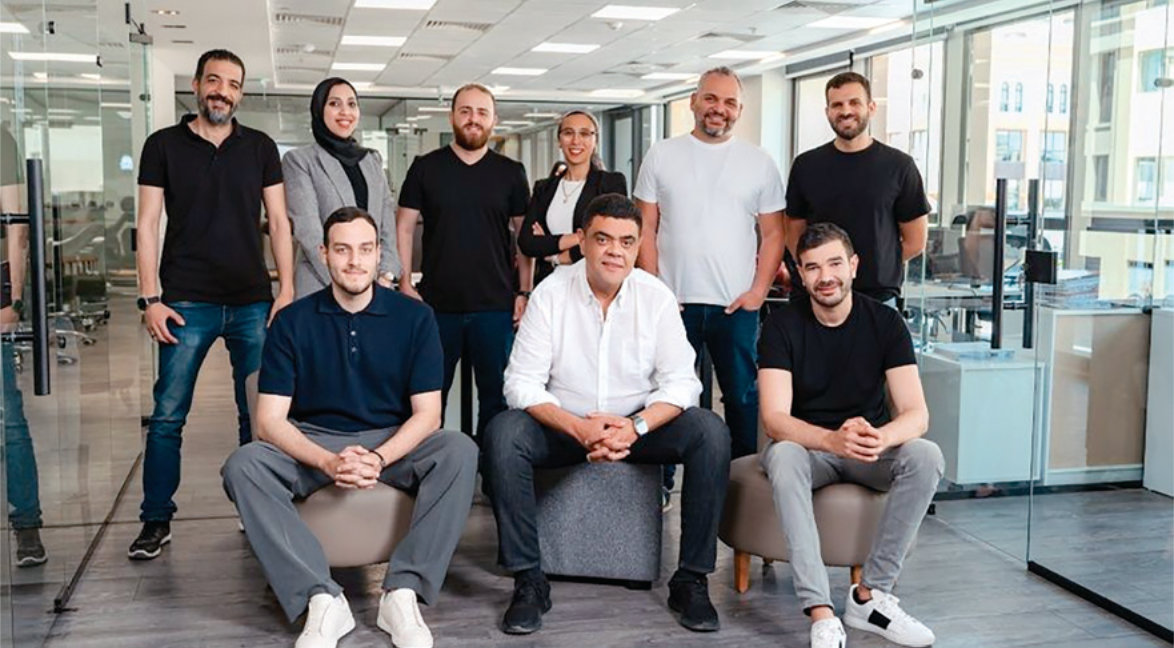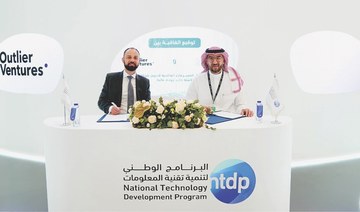LONDON: Revolutionary technologies to extract more oil from reservoirs to add hundreds of millions of dollars to balance sheets and produce millions of extra barrels are being increasingly deployed by Gulf countries, with Oman leading the way.
With extra barrelage targeted for both domestic consumption and export, the latest moves are a sign that competition in the global oil industry is hotting up as producers seek to bolster profit margins.
Enhanced Oil Recovery (EOR) techniques have been around for a while. But technological advances, and the fact that easy-to-extract onshore oil is getting much harder to find, have propelled EOR into the limelight.
Earlier this year, state-controlled Petroleum Development Oman (PDO) and its California-based partner GlassPoint Solar began operating a massive EOR project called Miraah at the Amal oilfield using solar energy. The energy is used to produce steam which is injected into rocks, partly vaporizing oil that is not retrieved in earlier operations. This facilitates extraction of otherwise redundant deposits. The solar energy is deployed instead of using gas to make the steam.
A PDO statement said: “Once complete, Miraah will save 5.6 trillion British thermal units of natural gas each year, the amount of gas that could be used to provide residential electricity to 209,000 people in Oman.”
Miraah, it was said, would deliver more energy to the customer than any other solar plant in the world. The project was expected to reduce CO2 emissions by more than 300,000 tons annually, the equivalent of taking 63,000 cars off the road.
Carolyn Seto, director of technology and innovation at US consultancy IHS Markit, told Arab News that primary extraction typically recovered about 20 percent of the total, with a secondary process involving water flooding, or gas injection, taking the number up to 40 percent on average.
“But there is still a lot of oil that is out there … in the reservoir. EOR can move the needle up to 60 percent,” she said.
Each percentage point translated into millions of US dollars on year-end balance sheets, according to a report by Petroleum Economist on July 26, 2018.
The landmark Omani project underscores the massive market for using solar in the oil and gas industry, something that has not been lost on other gulf producers.
UAE’s national oil company Abu Dhabi National Oil Company recently clinched an agreement with Norway’s Center of Integrated Petroleum Research to conduct research into a number of up-and-coming EOR techniques. It is already using EOR at some of its sites.
The prime objective of EOR is to extend the life of existing oil reservoirs that have proven reserves rather than embark on the more uncertain, and possibly more expensive path of exploration and development.
Seto said that Oman was “a good example of combining two mature technologies (thermal EOR and renewable power) to yield a step change in performance and provide the industry with a new capability — in this case, the ability to improve carbon footprint.”
She added that EOR usage by oil producers around the world was still “very small.” But she believed “a step change is approaching” as technological innovation and efficiency gains made the process less costly, and with shorter lead times before producers recouped up-front investment.
In a recent BP statement, the company’s technology chief David Eyton was cited as saying: “We have probably reached a point globally when the potential for enhanced recovery from known hydrocarbon resources exceeds the potential from new discoveries (such as from arctic or ultra-deepwater).”
Petroleum Economist said: “Squeezing every drop of potential from maturing reserves is crucial for the Gulf to retain its top spot in the global league table of oil producers, with the International Energy Agency forecasting that the US could be the world’s largest oil producer by 2019.”
Maximizing production to meet growing Middle Eastern demand is another factor driving interest in EOR. The latest BP Energy Outlook anticipates a 54 percent climb in the region’s energy consumption by 2040. Demographic forecasts explain a lot here. The UN expects the populations of Oman, the UAE and Saudi Arabia to rise by 45 percent, 39 percent and 36 percent respectively by 2050, to 6.7 million, 13.1 million and 45 million.
The alternative to growing reserves from EOR is growing reserves through exploration. “The uncertainty of exploration is you don’t know what your reservoir is. You haven’t drilled it,” said Seto.
She added that these days exploration growth is offshore, which was “very expensive to develop.”
A recent report by Petroleum Technology said that natural gas used for oil production in Oman currently accounted for more than 20 percent of the nation’s total gas consumption, with more used to support oil production than for electricity generation.
“Use of solar EOR technology could reduce gas consumed at the oilfield by up to 80 percent, redirecting the gas to the export market or for higher-value uses, such as industrial development,” it added.


